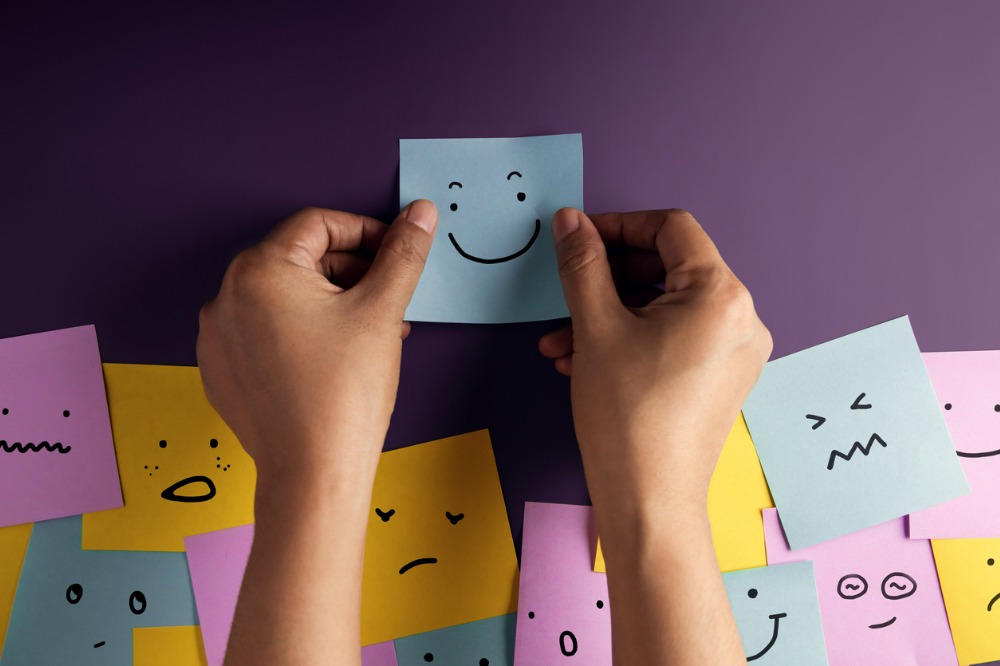
A national survey in March 2023 revealed that 20% of Australian high school students identify as having low levels of mental wellbeing, with schoolwork, tests, or grades being the top drivers of their anxiety and worries.
A growing body of research has shown that activities such as socialising and exercising can significantly improve both overall mental health. Conversely, when these habits grind to a halt, so can mental wellbeing and emotional resilience, as a recent trial shows.
Researchers from Macquarie University found that when volunteers stopped engaging in regular activities associated with good mental health, such as talking with friends and exercising, they struggled within a week.
Professor Nick Titov, a Professor of Psychology at Macquarie University and Director of the digital mental health service MindSpot, led the clinical trial with the goal of empowering people with mild to moderate anxiety and depression to manage their mental health.
His team developed ‘The Big 5’ – an evidence-based program promoting five types of activities strongly linked to good mental health.
Healthy Thinking: Thinking realistically about oneself, the world, and the future, and treating oneself with respect, especially in difficult situations.
Planning for the Future: Engaging in activities that involve planning and preparing for future events or goals.
Engaging in Meaningful Activities: Participating in activities that provide a sense of accomplishment, satisfaction, or joy.
Maintaining Healthy Routines: Establishing and sticking to healthy routines such as cooking and eating healthy meals, having a regular bedtime, and getting regular exercise.
Connecting with Friends and Family: Interacting with friends and family at least four times a week.
While everyone’s Big 5 activities might look different, large cohort studies in Australia and Canada found people who have healthy thought patterns, plan for the future, engage in meaningful activities, have healthy routines, and connect with friends and family at least four times a week have better mental health than those who do not.
The study's results, involving over 20,000 people, show a consistent pattern: more engagement in The Big 5 leads to better mental health; less engagement leads to worse mental health. To further understand this, Professor Titov asked participants to reduce their Big 5 activities and then resume them to observe the impact on their mental health.
Professor Titov says they noticed some participants were more vulnerable to the loss of their Big 5 than others, with those who restricted their activities the most showing the most significant impact.
“One person told me they felt their entire routine had been thrown out,” Professor Titov said in an article published in The Lighthouse on Macquarie University’s website.
“They said they noticed that they were tired in the afternoon, so they were taking a nap, which meant they weren’t sleeping well at night. That meant they slept in the next morning and didn’t have time for a shower.”
The researchers also observed that the more they restricted their Big 5, the longer their recovery took.
“People reported that recovery was harder than they expected. One person described feeling like they had lost their mental fitness, and they needed to give themselves a talking to, to get back to their usual routines, habits and lifestyle,” Professor Titov said.
“Everyone who took part said they had learned a valuable life lesson, but I have no doubt that had we continued, some of our participants would have been at risk of a full-blown depressive episode.”
The next steps
Professor Titov has a series of additional and larger studies planned for The Big 5. And while this study focused on anxiety and depression, he believes the same model might usefully be applied to other high-prevalence conditions such as eating disorders, body dysmorphia, or even social anxiety and generalised anxiety disorder.


